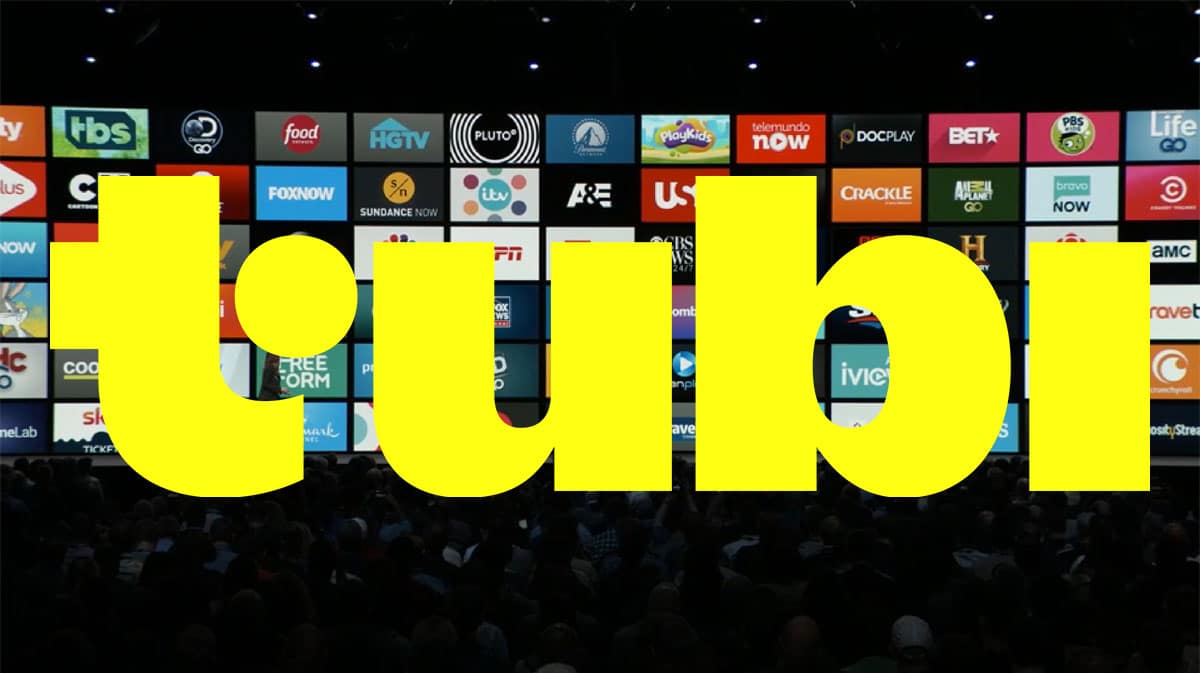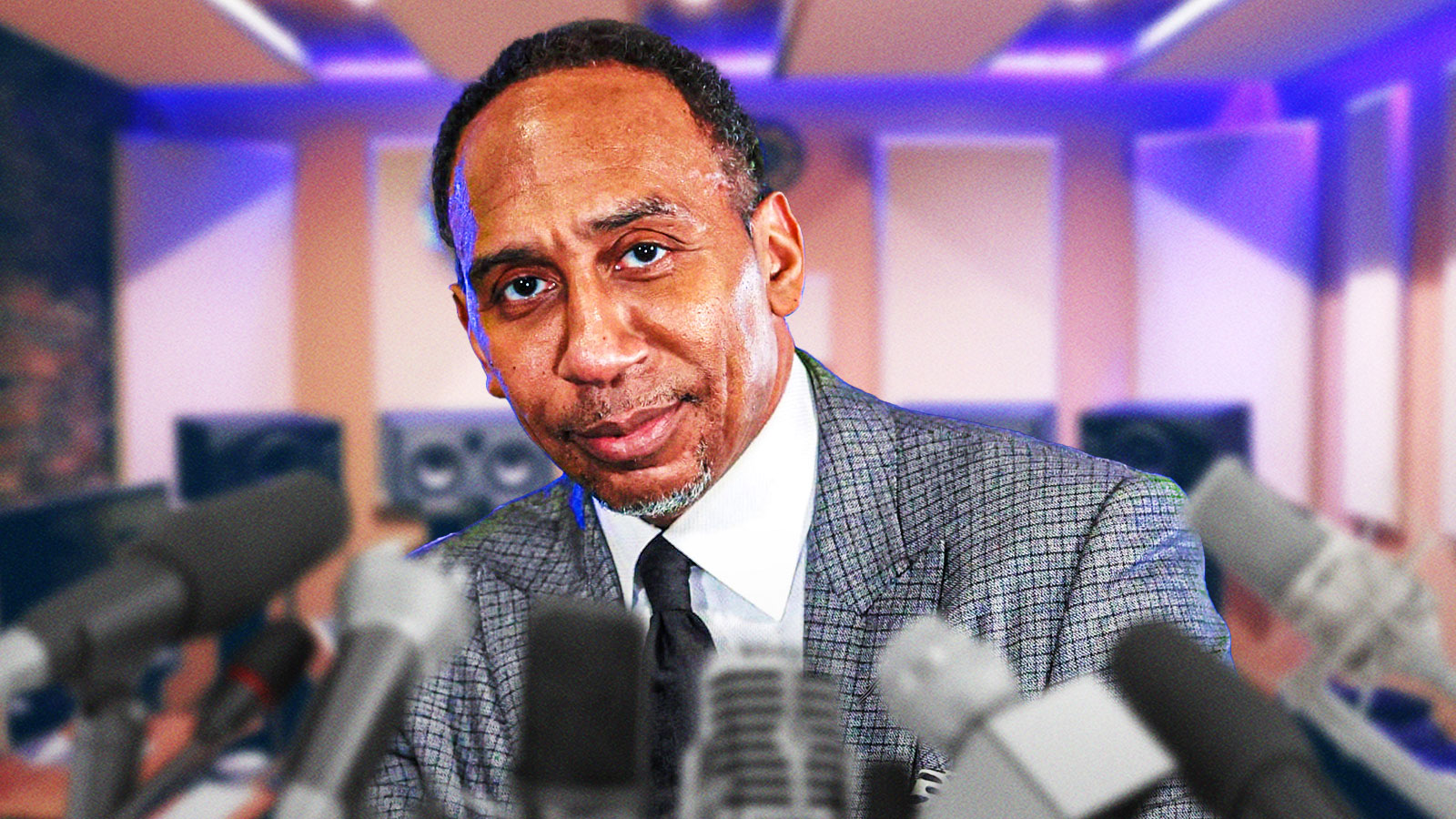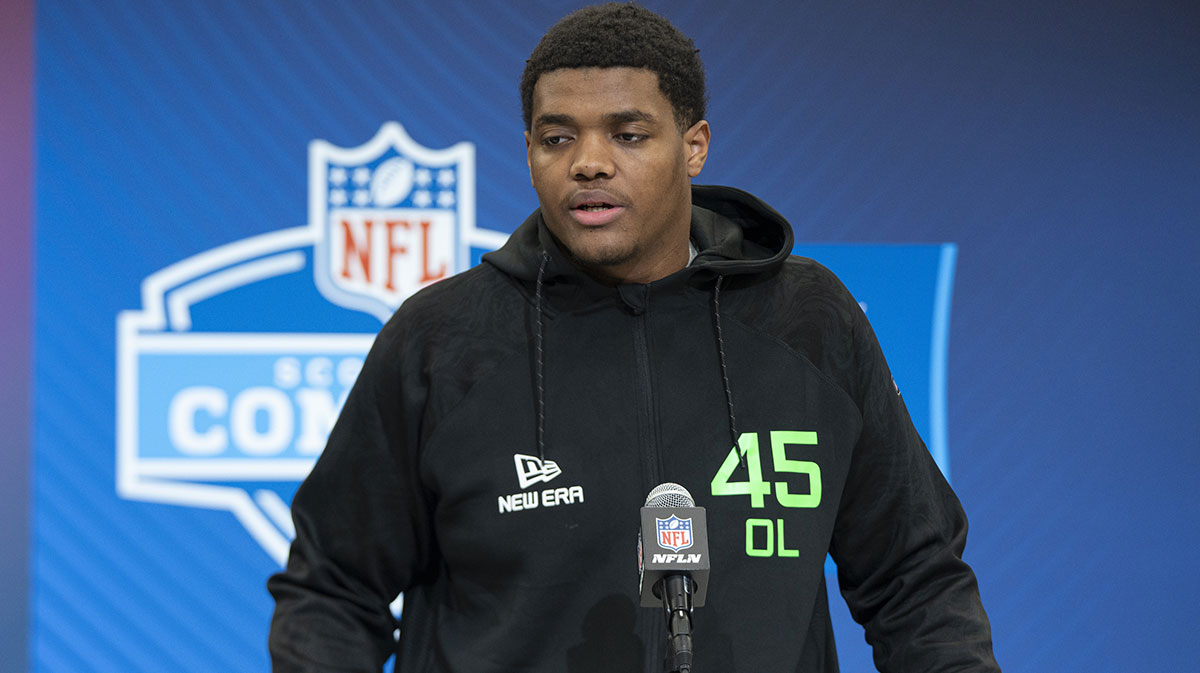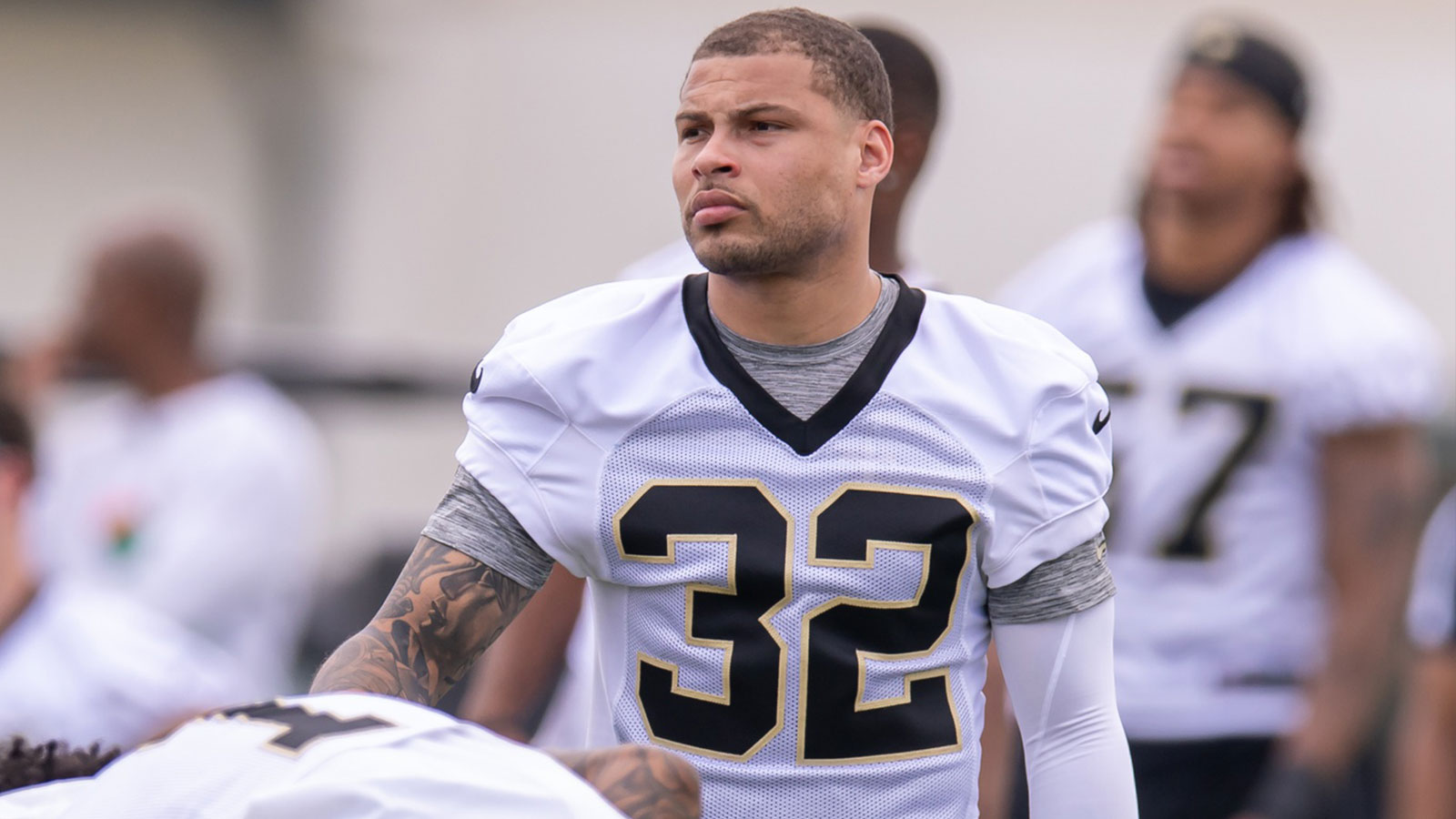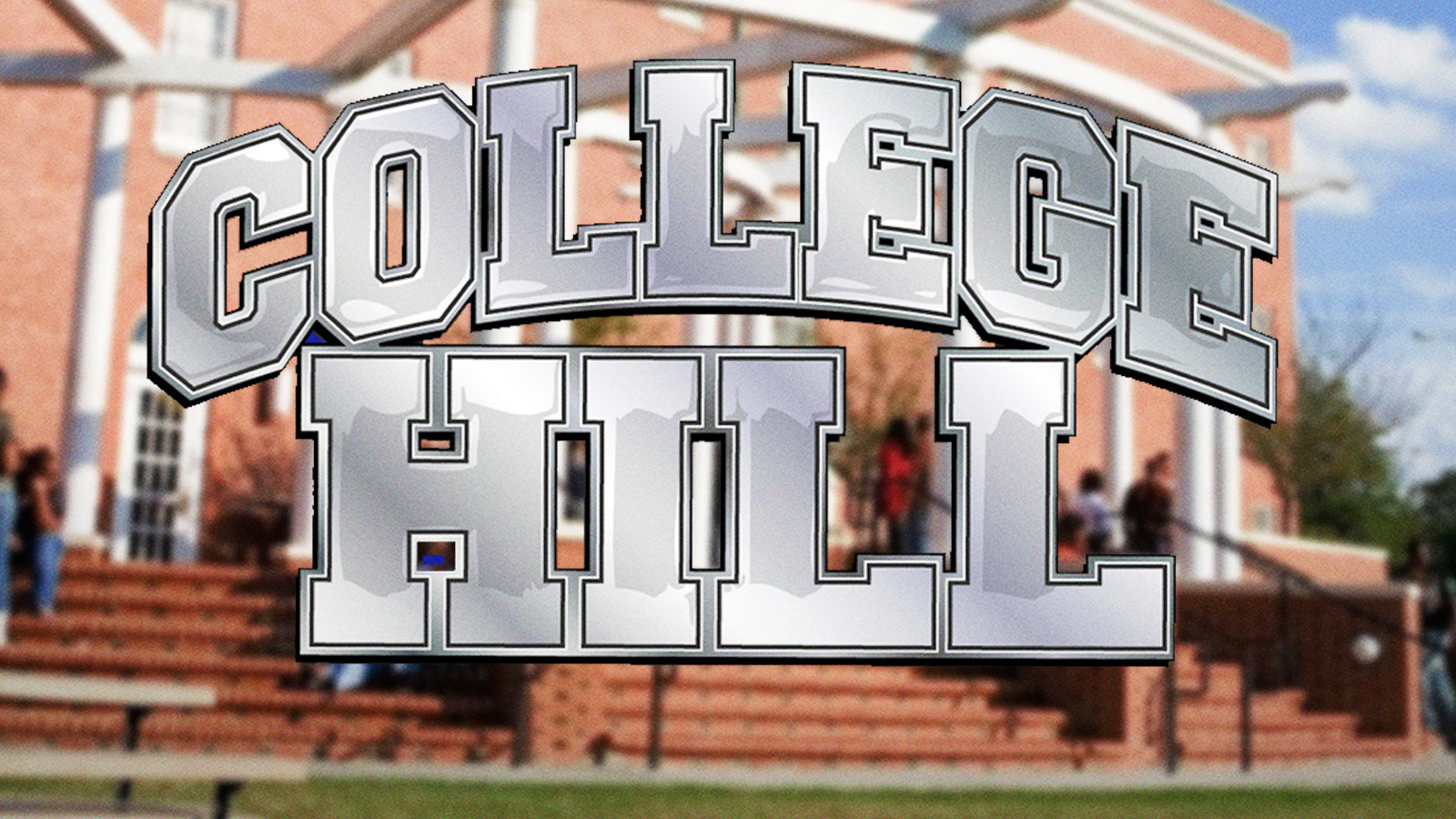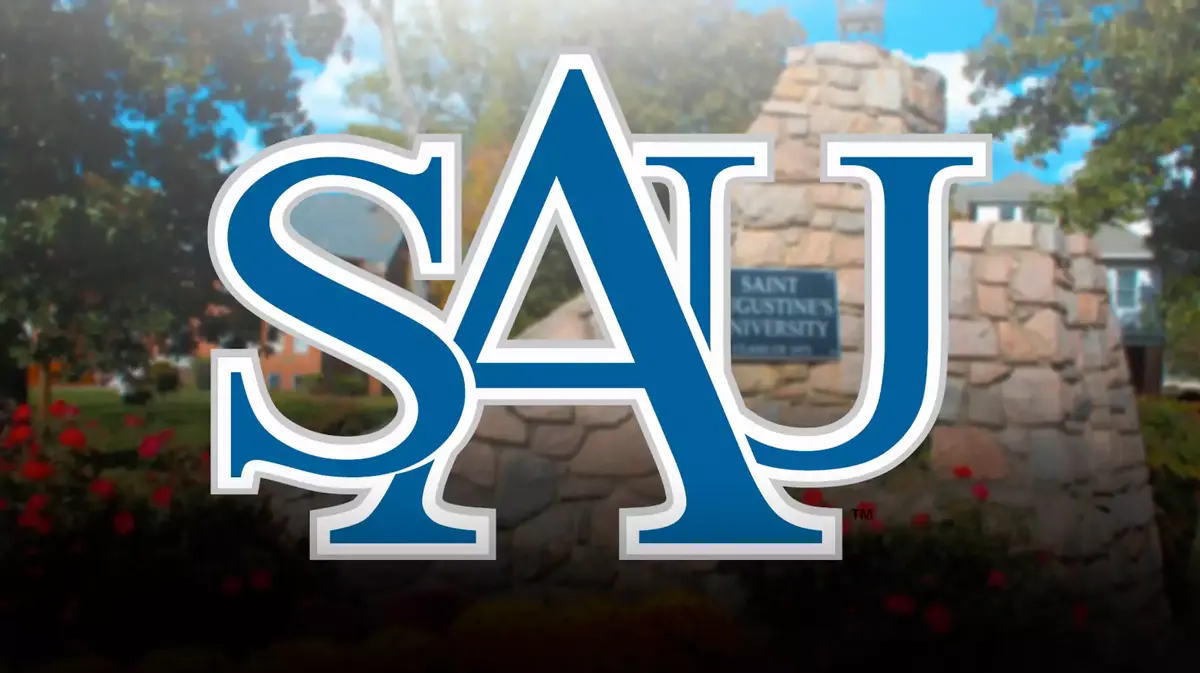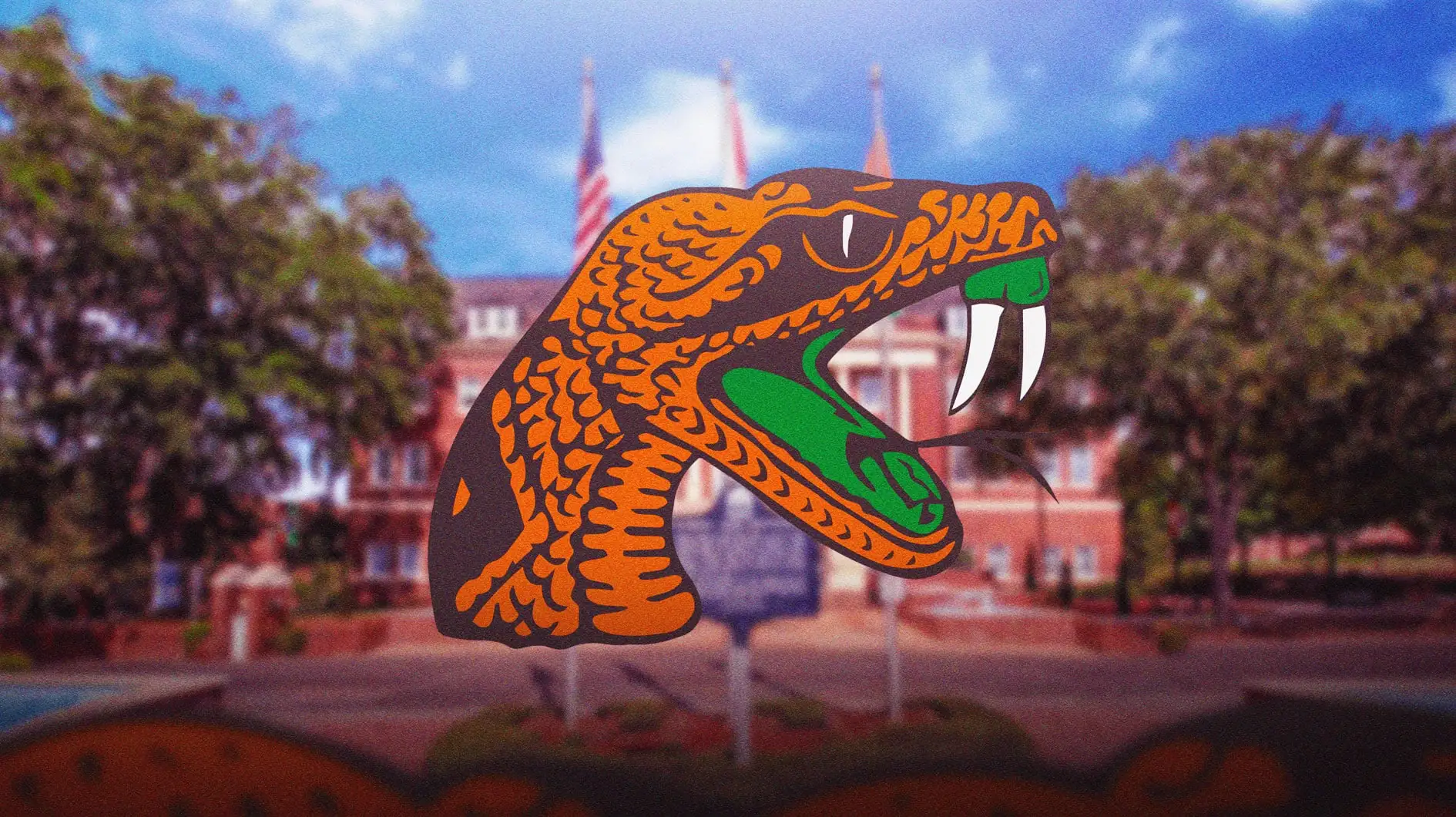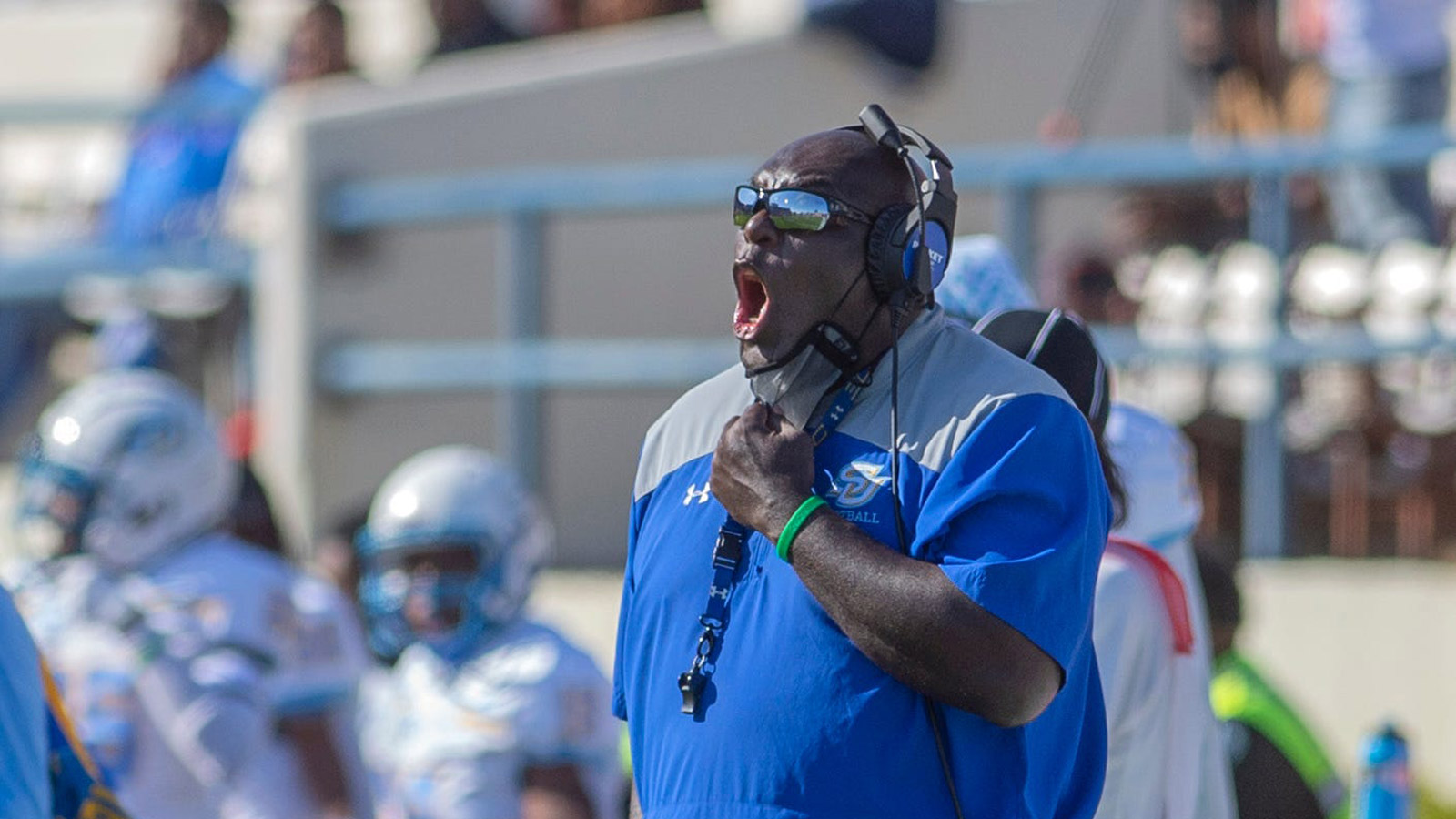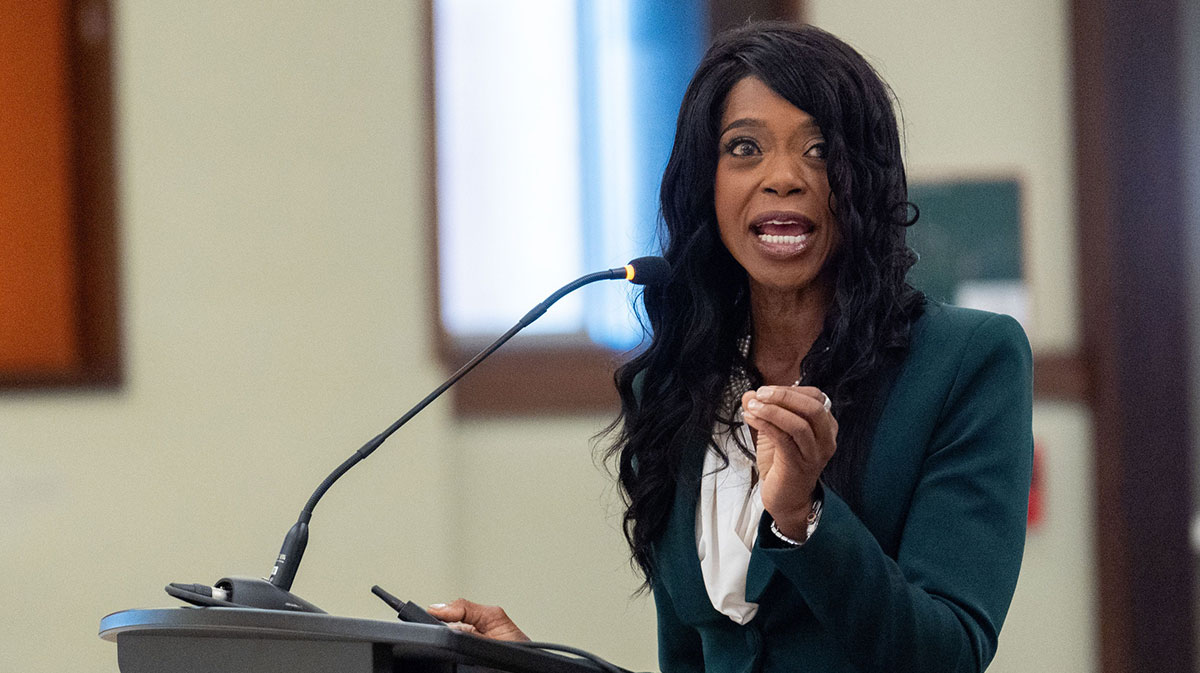With his innovative brain-computer interface, Mycelium, Joey Taylor, a 2024 graduate of Oakwood University, an HBCU in Huntsville, Alabama, recently took first place and received a $15,000 award in the HBCU Founders Initiative's (HBCUFI) 2025 Better Futures Competition.
HBCUFI was established in 2021 by Nex Cubed with the goal of assisting HBCU students and alumni in starting tech-driven businesses in order to reduce the wealth gap. HBCUFI released statistics with AFROTECH™ showing that since launching the Better Futures Competition in 2023, the organization has given more than $75,000 to 11 innovators. After building his first computer out of salvaged parts in Costa Rica, where he had little access to technology, Taylor's victory marked the end of a journey. He now integrates innovation, AI, and neurology in his work.
Prior to starting Mycelium, Taylor worked in research laboratories and developed a strong resume as a freelance data engineer. But his future was changed by his experience at NASA, where he started working at the age of 18. In his interview with AFROTECH™ Taylor talked about his time at NASA as well as how supportive his parents have been.
“I got recruited immediately, and the investment that strangers were making in me gave me a confidence boost that I’d never had before,” Taylor told AFROTECH™.
“Of course, you appreciate it,” Taylor notes, “but sometimes you think that’s just their job. It felt really motivating and encouraging to get these words of motivation from these older people that were working for the government for all these years and didn’t really know me,” he continued.
“The reason I do it is because…I didn’t have representation of someone who was Black, let alone Costa Rican doing physics or engineering,” he explained.
“Most of the time, it’s not people of color. And in mathematics, you rarely see someone of color. That’s why movies like ‘Hidden Figures’ was really cool when it came out. It was the only movie I could name that has Black people doing math. And not just Black people, but Black women too,” Taylor added.









